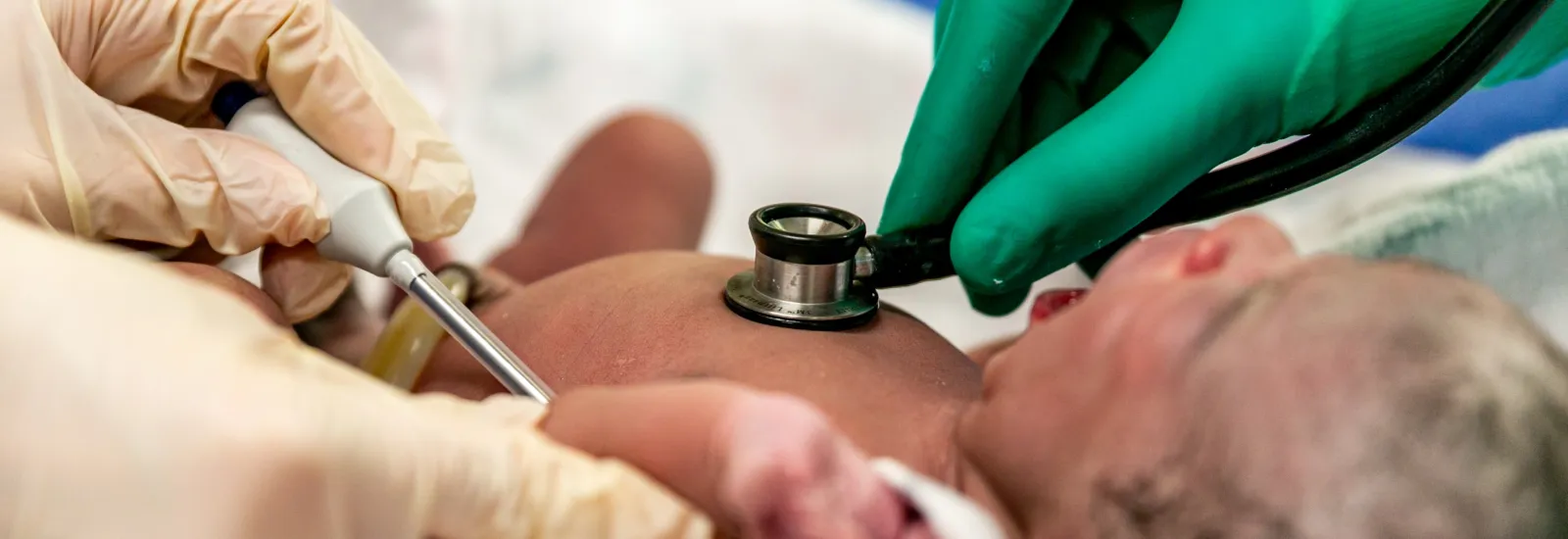Is an OB/GYN considered a specialist or a primary care provider
 Less than 3-minute read
Less than 3-minute read
Your obstetrician/gynecologist (OB/GYN) is your go-to physician for all your women’s health needs, but would you call them when you have the flu, an earache, or you need stitches in your hand after a cut? Probably not. While they’re technically primary care providers, OB/GYN is considered a specialist in women’s reproductive care. Traditional PCPs, on the other hand, offer comprehensive healthcare for general wellness and a wide range of medical conditions.
What does an OB/GYN do?
An OB/GYN is a physician who specializes in women’s reproductive health and related disorders. OB/GYNs are specially trained in diagnosing and treating many women’s health issues, including:
- Endometriosis
- Menstrual disorders
- Ovarian cysts and pelvic masses
- Pelvic floor disorders
- Polycystic ovary syndrome
- Sexually transmitted infections
- Uterine fibroids
- Vaginal infections, such as bacterial vaginosis and yeast infections
OB/GYNs also provide pregnancy care, including prenatal and postnatal care and labor and delivery care. An OB/GYN can also help with family planning and birth control options.
What does a PCP do?
A PCP focuses on overall wellness, providing preventive services as well as diagnosing and treating common ailments, such as back pain, headaches, and respiratory infections such as colds and the flu. PCPs also help manage chronic conditions, including:
- Anxiety and depression
- Diabetes
- Heart disease
- High blood pressure
- Obesity
PCPs have expertise in balancing multiple medications and work closely with other providers, making referrals to specialists when necessary. Your PCP will also make sure you receive any necessary screenings and vaccinations, such as cancer screenings and annual flu shots.
Types of PCPs include family medicine providers, who treat patients of all ages, and internal medicine specialists, who specialize in adult care.
How do you know whether to see a PCP or an OB/GYN?
Some services provided by PCPs and OB/GYNs overlap, which can make it tricky to figure out which one to see for certain conditions. For example, PCPs can address some gynecological conditions, such as testing for and treating urinary tract infections (UTIs). Likewise, OB/GYNs can renew prescriptions, such as anxiety medications, and help with general health concerns.
However, in general, see your OB/GYN for symptoms relating to women’s and reproductive health, such as:
- Breast health concerns, such as breast pain or lumps
- Bumps, rashes, or irritation on the outside of the vaginal area
- Menopausal symptoms, such as hot flashes and vaginal dryness
- Pain during sex
- Painful, irregular, or heavy periods
- Severe pelvic pain
- Recurring symptoms of vaginal infections, such as unusual vaginal discharge
For general health concerns, such as sinus congestion, earaches, and symptoms of UTIs, make an appointment with your PCP.
You should see your PCP and your OB/GYN at least once a year for annual visits, which are covered by most insurance providers. Your PCP will perform blood pressure and cholesterol checks, update vaccinations, and discuss any concerns you may have. Your OB/GYN will perform pelvic and breast exams and ensure you are up to date on women’s cancer screenings, including mammograms and Pap tests.
Have concerns to discuss with a PCP or OB/GYN? Find a provider at Reid Health.